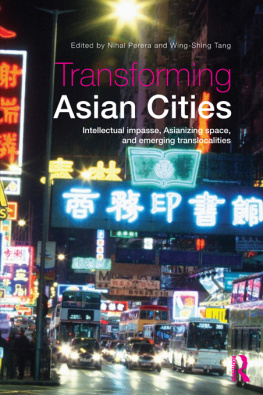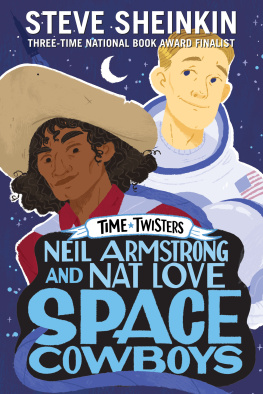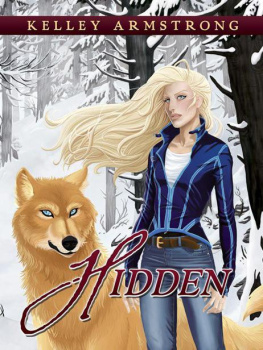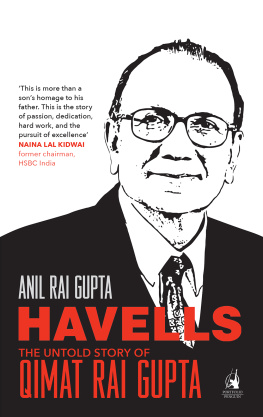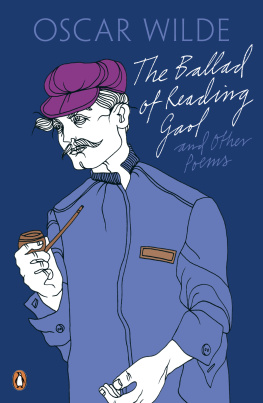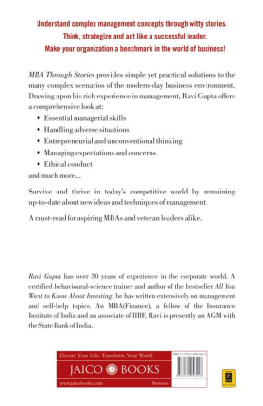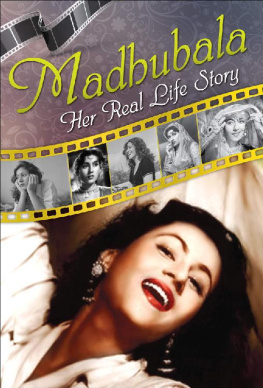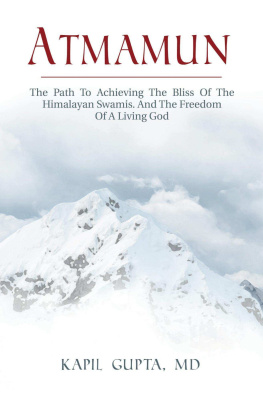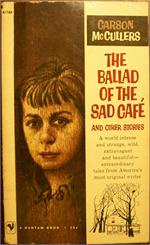

First published in 2013 by Playdead Press
120 Londesborough Road, Portsmouth, PO4 0EX
First published by Oberon Books Ltd in 2019
521 Caledonian Road, London N7 9RH
Tel: +44 (0) 20 7607 3637 / Fax: +44 (0) 20 7607 3629
e-mail:
www.oberonbooks.com
The Ballad of Nihal Armstrong Rahila Gupta, 2012
The Magnitude of Mothertext Deirdre Osborne, 2019
Rahila Gupta is hereby identified as author of this work in accordance with section 77 of the Copyright, Designs and Patents Act 1988. The author has asserted their moral rights.
All rights whatsoever in this play are strictly reserved and application for performance etc. should be made before commencement of rehearsal to Rahila Gupta, c/o Oberon Books (). No performance may be given unless a licence has been obtained, and no alterations may be made in the title or the text of the play without the authors prior written consent.
You may not copy, store, distribute, transmit, reproduce or otherwise make available this publication (or any part of it) in any form, or binding or by any means (print, electronic, digital, optical, mechanical, photocopying, recording or otherwise), without the prior written permission of the publisher.
A catalogue record for this book is available from the British Library.
PB ISBN: 9781786827685
E ISBN: 9781786827692
Cover design: James Illman
Printed and bound by 4EDGE Limited, Hockley, Essex, UK.
eBook conversion by Lapiz Digital Services, India.
Visit www.oberonbooks.com to read more about all our books and to buy them. You will also find features, author interviews and news of any author events, and you can sign up for e-newsletters and be the first to hear about our new releases.
Printed on FSC accredited paper
10 9 8 7 6 5 4 3 2 1
Contents
Dont Wake Me: The Ballad of Nihal Armstrong was first performed without decor and in an abridged version of this text at the Arts Theatre, Leicester Square, London on 11 June 2012.
RAHILA GUPTA Writer
Rahila Gupta is a freelance journalist, writer and activist. Her poems and short stories have been published in several anthologies. Her books include: a collection of essays she edited, From Homebreakers to Jailbreakers: Southall Black Sisters in 2003; Provoked , the story of a battered woman who killed her violent husband and co-wrote the screenplay of the film which was released in 2007; Enslaved , on immigration controls, was published in 2007. Dont Wake Me: The Ballad of Nihal Armstrong ran in London, Edinburgh, New York, and four cities in India between 2012-14 and was nominated for a number of awards.
Her articles are published in The Guardian, New Humanist, New Internationalist and openDemocracy among other magazines, journals and websites. She and Beatrix Campbell are currently collaborating on a book, Why Doesn't Patriarchy Die ? She visited Rojava, Northern Syria, in March 2016 as part of the research for the book. Her epic poem Rubiyt of Rojava was performed at the Prima Donna festival 2019. She has edited and contributed to Turning the Page (2019), an anthology of writings by the Southall Black Sisters support group.
GUY SLATER Director
Guy Slater has had a long and successful career in theatre and television, as a director, producer and writer. In 1974, he founded the last repertory company to be formed in the UK, the Horseshoe Theatre Company of Basingstoke, which he ran for the first seven years of its life.
He joined the BBC as a drama producer and worked as director and producer for the original series of Miss Marple (starring Joan Hickson); Nanny (starring Wendy Craig) and Love Hurts (starring Zoe Wanamaker and Adam Faith). He has also directed other series and many single TV films. Actors he has worked with as director include Derek Jacobi, Gwen Watford, Timothy West, Paul Scofield, Wendy Hillier, George Cole and David Morrissey. He has written many plays for radio, television and theatre, including No Easy Walk , The Brophy Story , Franklins Farm , Youre Breaking Up and Inya Lake . His production of Dont Wake Me played in London, Edinburgh, New York and India. In 2018 he directed his own play Eastern Star at the TARA Theatre in London to four-star reviews. He subsequently adapted it for radio, and it was broadcast on BBC Radio 4s Afternoon Theatre in September 2019.
He has been on the board of Solent Peoples Theatre, Horseshoe/Haymarket Theatre Company, Orange Tree Theatre, Tricycle Theatre, and Oxford Festival. He was founder/director of Teddington Arts Performance Showcase and has been a member of the Arts Council Drama Panel.
JAYE GRIFFITHS Nihals mother
Born in London, Jaye trained at The Guildhall School of Music and Drama.
Her theatre credits include: The RSC, Stratford and London; Ben Eltons first play, Gasping at the Haymarket, London; Cheek By Jowl, Othello , world tour and Hammersmith Studio London for which Jaye won the Clarence Derwent Award; Wit at the Vaudeville Theatre, London; Salome , Hampstead Theatre; The Christians , Gate Theatre and Edinburgh Festival. However, Dont Wake Me , New York, Delhi, Mumbai, Edinburgh and London, continues to be her most treasured work.
TV credits include: the Netflix series Cursed , currently filming, and Midsommer Murders , to be aired later this year. For the last three years Jaye has appeared as Elle Gardner in the BBC Drama, Casualty , enjoying being a pretend doctor, as well as appearing in Dr Who ; Silent Witness (3 series); The Bill ; Coronation Street ; Eastenders ; Holby Sherlock and Bugs (4 series). Jaye lives in a small village with her husband and two whippets.
The Magnitude of Mothertext
Deirdre Osborne
THE WORK OF RECOVERY
Let Love clasp Grief lest both be drownd
Alfred, Lord Tennyson, In Memoriam
Rahila Guptas Dont Wake Me: The Ballad of Nihal Armstrong joins a number of contemporary monodramas penned by women in Britain (who happen to be of African or Asian descent) that centralise uncharacteristic presences in British theatre. The authors notably employ polyphonic, trans-generic and non-realist methods in writing of experiences that lie beyond mainstreamed and normative representations. In particular they capitalise upon the inter-compositional complementarity of poetry and drama (Osborne, 2017:23) to engender distinctive forms and perspectives of speakers/characters as differentiated from the generalisations and stereotypes of labels that stick (Ahmed, 2014). The presence of poetry within contemporary writing for the theatre implies the need for a critical method of engagement that is as much attuned to poetic legacies as to those of playwriting and performance heritages. The multiple generic forms that reverberate throughout Dont Wake Me create a performative porosity that transforms the work from being read as a dramatic monologue into being staged as a monodrama.
Rahila Gupta is a journalist, playwright, writer for film, an anti-racist and feminist campaigner and longstanding member of the pioneering collective Southall Black Sisters, formed forty years ago in London to meet the needs of African, Caribbean and Asian women escaping domestic violence. Dont Wake Me , her ballad (with its timeless folkloric associations of a story to be passed on) is a love poem to her son Nihal who died at seventeen years of age in 2001, just before taking his GCSE examinations. unable to speak with his physical voice and with little control over his movements. After doctors decide that his cognitive processes are irreparably damaged, it becomes a lifelong battle to prove that his silence is not impaired intelligence which his mother indefatigably proves again and again to the generally sceptical medical and educational specialists. Guptas dramatic monologue/monodrama takes the reader/audience into the isolated world of a single parent, Nihals mother, motherless herself She, who had given birth to me, / She was long dead and gone. (p.38) her disabled son, Nihal, and the peripheral familial presences of his younger un-disabled sister unnamed in the text and Your dad, Nihals soon-absent father. Distinctively, Nihals mother does not find consolation over his death through the ballast of religious belief and its promise of hereafter, but in the immortalising powers of art. My keen words (evoking keening, the wail of visceral grief in a lament for the dead) of her poetic life-writing that will strive / To tease you into existence also records (with alliterative decisiveness) the satisfyingly solid stone of her commissioned sculpture of Nihal as a further memorial to him (p.37).





